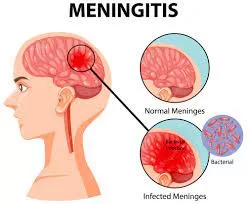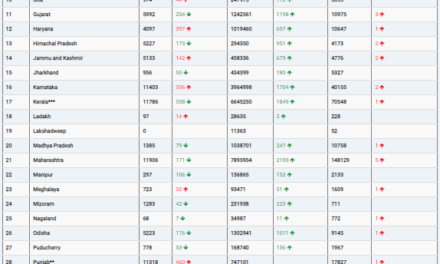
In a groundbreaking randomized controlled trial led by Frederick Muench, PhD, from the Partnership to End Addiction in New York, a six-month texting intervention targeting individuals with a history of alcohol misuse has demonstrated impressive outcomes in reducing weekly alcohol consumption.
The trial involved 723 adults, primarily White and female, aged around 40, who consumed nine to 11 standard drinks per week and expressed a desire to curb their alcohol intake. Participants were divided into three groups: one receiving weekly drink tracking texts, another receiving daily tailored messages based on their perceived achievements, and a third receiving adaptive daily messages based on self-reported goal attainment.
At the study’s outset, participants averaged 27 standard drinks per week, with five drinks on average per day and eight on the heaviest drinking days. Remarkably, all groups displayed significant reductions in their alcohol intake by the 12-month follow-up, with an average decrease of 12.9 drinks per week.
The most substantial reduction was observed in the tailored adaptive messaging group, slashing alcohol intake by over half, down to 13 drinks per week from the baseline 29. Moreover, by the six-month mark, this group reported significantly fewer drinks per drinking day and fewer drinking days per week compared to the drink tracking group.
Dr. Muench highlighted the potential public health impact of these findings, emphasizing the importance of reducing both weekly and binge drinking episodes. He noted that these reductions, although significant, didn’t fully meet the criteria for healthy drinking as outlined by the National Institute on Alcohol Abuse and Alcoholism (NIAAA).
Acknowledging the limitations, including the lack of diversity in the participant pool, the study underscored the need for broader demographic representation in future research. Despite these limitations, the study’s results offer promising insights into the effectiveness of text-based interventions in curbing alcohol misuse.
Supported by the NIAAA, this research points toward scalable strategies that could significantly impact public health by addressing excessive alcohol consumption. As the study authors suggest, the findings hold promise for implementation on a broader scale to mitigate the personal and societal burdens associated with excessive drinking.










